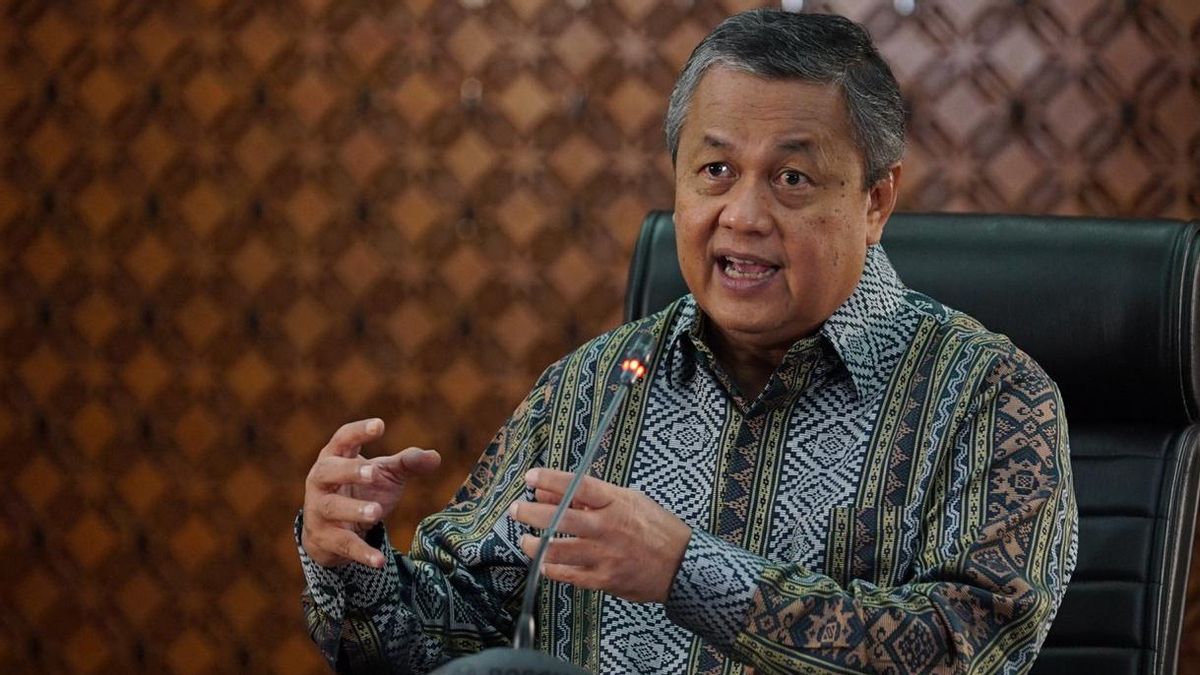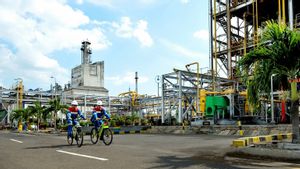
JAKARTA - Bank Indonesia (BI) Governor Perry Warjiyo hopes that the increase in the regional minimum wage (UMR) can be controlled so as not to trigger an increase in inflation, especially government-regulated price group inflation (administered price) further. "Now there is an increase in UMR and those in the regions, it must also be controlled," Perry said in a Working Meeting with Commission XI of the House of Representatives (DPR), quoted from Antara, Monday, November 21. In addition to the UMR, he also asked the central and regional governments to control public transport rates, which are currently likely to increase so as not to increase the increase in administrative price inflation.
As for October 2022, administrative price inflation was recorded to be still high at 13.28 percent (yoy). In addition to administrative price inflation, inflation issues also stem from the volatile food price group (volatile food). Although it has decreased at the level of 7.2 percent year-on-year (yoy) currently from being at the level of 10 percent (yoy), inflation group is still above 5 percent (yoy). Therefore, Perry asked for support from Commission XI of the DPR to go down to the regions in the success of the National Food Inflation Control Movement (GNPIP), carried out market operations, and calmed traders, in order to reduce volatile food inflation to below 5 percent (yoy). "If we can do all this, inflation at the end of this year could be below 6 percent (yoy). I think that would be good," he said. He estimates that overall inflation (Consumer Price Index/IHK) is likely to still rise at the end of this year to a level of 6.1 percent (yoy), because there will still be a further impact of rising fuel oil prices (BBM) in November and December.
The high estimated IHK inflation is likely to continue in the first quarter and second quarter of 2023. However, core inflation will be sought to fall below the 4 percent level (yoy) next year. Thus, the decline must also be accompanied by volatile food inflation to the 5 percent level (yoy), as well as administrative price inflation which is also not excessive due to transportation and wage rates. "If all of this can be done, next year's IHK inflation could decrease 3.6 percent (yoy) by the end of the year," Perry said.
The English, Chinese, Japanese, Arabic, and French versions are automatically generated by the AI. So there may still be inaccuracies in translating, please always see Indonesian as our main language. (system supported by DigitalSiber.id)












